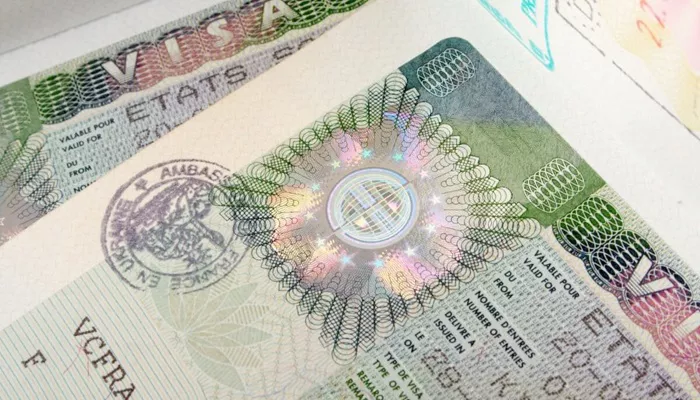Maryland Judicial Ethics Committee Weighs in on U Visa Certifications.
The Maryland Judicial Ethics Committee has chosen not to clarify whether a judge’s signing of a U Visa certification can be viewed as an administrative function in certain situations. This marks the second time in two years that the committee has issued an opinion on this issue.
In a recent supplemental opinion, the committee emphasized that the difference between an administrative function—typically confidential—and a judicial function is not clearly defined by Maryland’s code of judicial conduct.
According to the opinion, noncitizen victims of domestic violence can seek protection under the U Visa program without notifying their alleged abusers. The Domestic Law Committee of the Maryland Judicial Council requested guidance from the Judicial Ethics Committee to determine if a judge needs to notify all parties involved when responding to a request for U Visa certification.
Last year, the committee stated that a Maryland judge may sign a U Visa certification in certain circumstances. This applies when a judge is likely required to recuse themselves from cases involving similar issues and the same victim or accused person.
The U Visa program, managed by the U.S. Citizenship and Immigration Services under the Department of Homeland Security, grants temporary legal immigration status to noncitizen victims of specific crimes who assist in the prosecution of those crimes. Established by the Battered Immigrant Women Protection Act of 2000, the program aims to protect individuals whose immigration status may make them more susceptible to victimization. It also encourages undocumented victims to report crimes and support prosecutions.
The committee’s opinion references Title 18, Chapter 100 of the Maryland Code of Judicial Conduct and notes that it only addresses issues arising under this code. “The Committee’s concern is that any judicial U Visa certification necessarily relates to the judge presiding over an adversarial judicial proceeding,” the opinion states.
A member of the Domestic Law Committee, who sought the ethics panel’s guidance, was unavailable for comment. The Judicial Ethics Committee is composed of 15 members appointed by the chief justice of the Maryland Supreme Court, with Baltimore County Circuit Court Judge Judith Ensor serving as chair.
Related topics:
- Iowans Running for Congress Discuss Immigration and the Border
- Texans Deserve to Know Allred and Cruz’s Positions on Immigration
- US State Department Issues Visa Bulletin for November 2024


